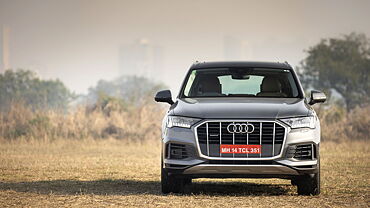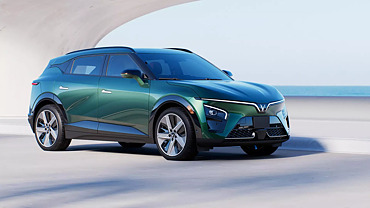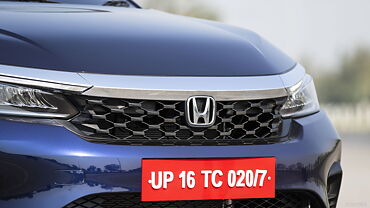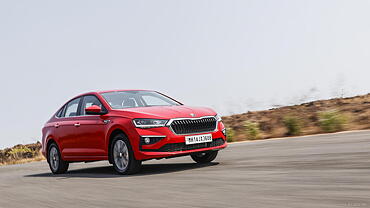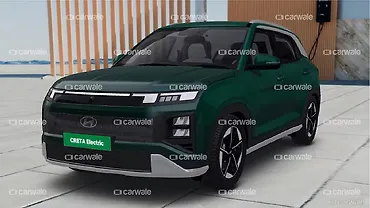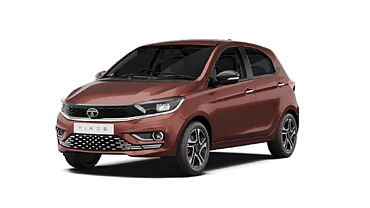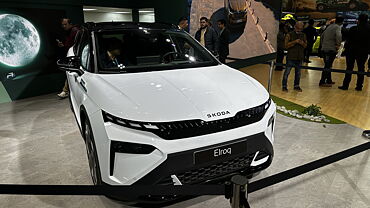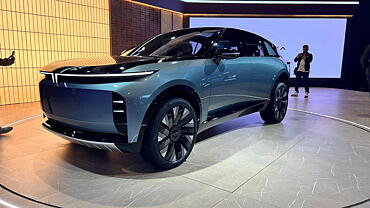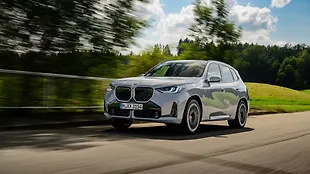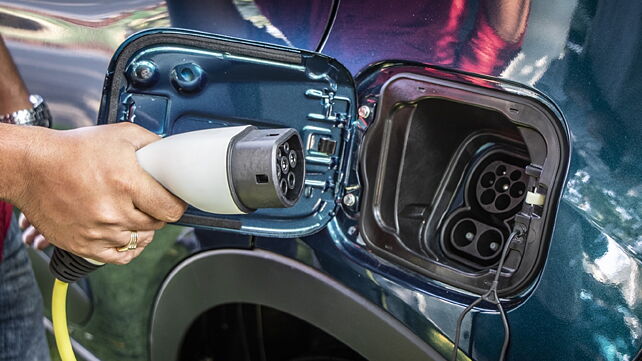
- Policy aims at making Maharashtra the top producer of BEVs in India
- From April 2022, all new government vehicles will be fully electric
- EVs sold in state shall be exempted from road tax and registration charges
In an effort to boost electric vehicle usage in the state, the Maharashtra government has announced incentives to boost the adoption of electric vehicles. Additionally, the government also aims to make Maharashtra the top producer of BEVs in the country. As part of the plans, the government expects EVs to contribute to 10 per cent of all new vehicle registrations, that is three lakh EV sales per year, by 2025. To this effect, the state government has pledged Rs 930 crore towards the policy till 31 March, 2025. The government will develop 2,375 public and semi-public charging stations across seven major urban areas and four national highways. Moreover, the policy further states that all the EVs sold in the state will be exempted from road tax, and all eligible EVs under the policy will be exempted from registration charges.
The top highlights of the Maharashtra EV Policy are as follows –
- Property tax rebates for installing private charging infrastructure within society premises.
- At least 25 per cent of the urban fleet operated by the fleet aggregators (e-commerce companies, deliveries, logistics players) in the state to switch to EVs by 2025.
- Encourages fleet aggregators to operate electric vehicles.
- Formulation of various incentive plans for electric vehicles and associated infrastructure.
- From April 2022, all new government vehicles will be fully electric.
Under the policy, the base incentive for electric vehicles is now similar to that of two-wheelers – Rs 5,000 per kWh of battery capacity. The maximum incentive for two-wheelers, three-wheelers, and four-wheelers are capped at Rs 10,000, Rs 30,000, and Rs 1.5 lakh, respectively. Additionally, customers can also avail early bird discount of up to one lakh on the purchase of an electric car or SUV before 31 December, 2021. The demand incentives for two-wheelers range from Rs 29,000 to Rs 44,000, three-wheelers between Rs 57,000 to Rs 92,000, while four-wheelers range between Rs 1.75 lakh to Rs 2.75 lakh.
The government has also announced charging infrastructure incentives, wherein the slow public charging station attracts an incentive of Rs 10,000, and the moderate/fast public charging station will attract incentives of Rs5 lakh. By 2025, the government plans to achieve 25 per cent electrification of public transport and last-mile delivery in six targeted urban areas. Moreover, 15 per cent of Maharashtra State Road Transport Corporation’s (MSRTC) existing bus fleet will be electric.


